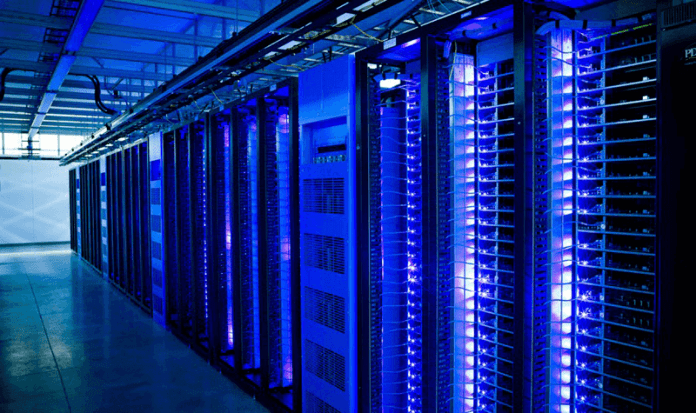A team of Australian Researchers have managed to develop a completely new technique for computer operating systems that are capable of making large data centres which are 25 percent more efficient.
Researchers Developed a Technology that Boosts Computer Energy Efficiency by 25%
Technology researchers around the world have developed a very significant tweak for the computer operating systems which could make massive data centres 25 percent more productive by just sharing their processing power.
Hence, thanks to the researchers at the Australian National University (ANU) and the tech giant Microsoft who teamed up and developed a completely new system mechanisms. According to the sources, the system allows an OS to share its processing power, providing a significant efficiency bonus for the servers that run searches and interact with the users.
A professor from the Australian National University (ANU) Research School of Computer Science, Steve Blackburn stated that the splitting of the computer’s processing power which refers to the capability of a computer to manage the data would activate the improved efficiency.
“Computer servers spend a lot of time waiting around for search requests to come in. By sneaking in other processes while they are waiting, we can use the computers more efficiently,” said by professor Steve Blackburn.
Professor Steve Blackburn even said the increase in efficiency was highly motivated by the fairy tale of Elves and the Shoemaker in which he said “it’s just like the elves that used the shoemaker’s tools at night in the Brothers Grimm fairy tale”
Giant tech companies like Microsoft, Google and Facebook which provide huge internet services actually credited a lot of their progress to speed up the searches and other web services that normally interact with users. A little delay of a second will mean lost revenue for companies.
“However, the companies have no control of when users will request a search, so they have large server capacity that is mostly idle,” said Xi Yang, a PhD student at ANU Research School of Computer Science
According to the sources, Mr Yang collaborated with Professor Blackburn and Dr Kathryn McKinley at Microsoft to distinguish non-time critical workloads which are then assigned to an idle operating system and then these type of workloads are uniquely programmed to give immediate search results “We have analysed the operating system’s performance 100 times more closely than before, which is crucial, because much of the activity that occurs inside a computer happens at very high frequencies” said Xi Yang
Xi Yang said “The techniques are extremely easy to implement on current hardware, In some cases that we studied, the new techniques made a server nine times more efficient”



